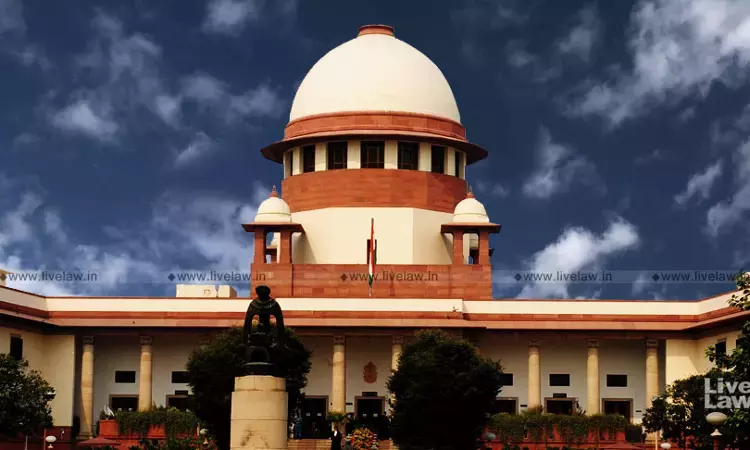
Supreme Court Ruling on Promotion Rights of Government Employees
Last Updated on June 13, 2024 by News Desk
Issue:
The Supreme Court addressed whether government employees can demand promotion as a matter of right.
Rule:
According to the Supreme Court, government employees cannot claim promotion as a right because the Indian Constitution does not prescribe criteria for promotions. Promotion policies are primarily the domain of the legislature or executive, and judicial review is limited to instances where such policies violate the equality principle under Article 16 of the Constitution.
Application:
In the case examined, the Supreme Court upheld the High Court of Gujarat’s 2023 recommendations for promoting Senior Civil Judges to District Judges based on merit-cum-seniority. Petitioners argued that the Select List issued by the High Court violated Article 14 of the Constitution and Rule 5 of the Gujarat State Judicial Service Rules, 2005. Rule 5 mandates promotions based on merit-cum-seniority and passing a suitability test. The Court suggested that the Gujarat High Court might amend its rules to include a Viva Voce, increase the passing threshold, consider the quality of judgments over the past two years, and factor in seniority within test scoring.
The historical context of promotion practices was discussed, noting that seniority-based promotions originated during the British Raj, with merit introduced in the Indian Civil Service Act of 1861. Competitive examinations, aimed at eliminating political influence and favoritism, were introduced in 1854 following Lord Macaulay’s Report. Post-independence, various pay commissions recommended a mix of direct recruitment and promotions, emphasizing merit for higher positions and seniority for roles requiring experience.
Conclusion:
The Supreme Court concluded that government employees do not have an intrinsic right to promotion. The absence of constitutional criteria for promotions means that the process is determined by the government or legislature based on the nature of the job. Judicial intervention is limited to ensuring that promotion policies do not violate the equality principle under Article 16 of the Constitution.
The Supreme Court’s ruling reinforced that promotion policies fall under the purview of the executive or legislature, with limited judicial oversight, and promotions must adhere to principles of equality and merit as dictated by relevant rules and guidelines.
Written by — Athi Venkatesh




